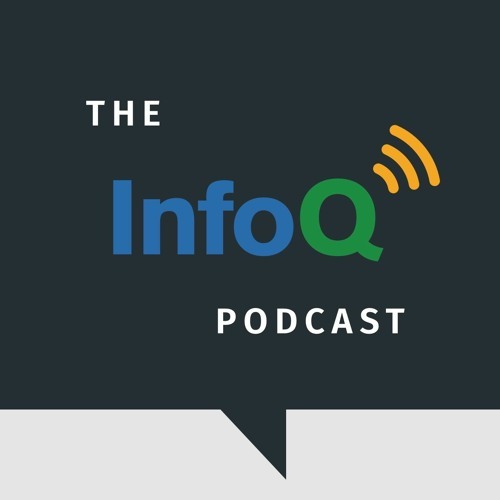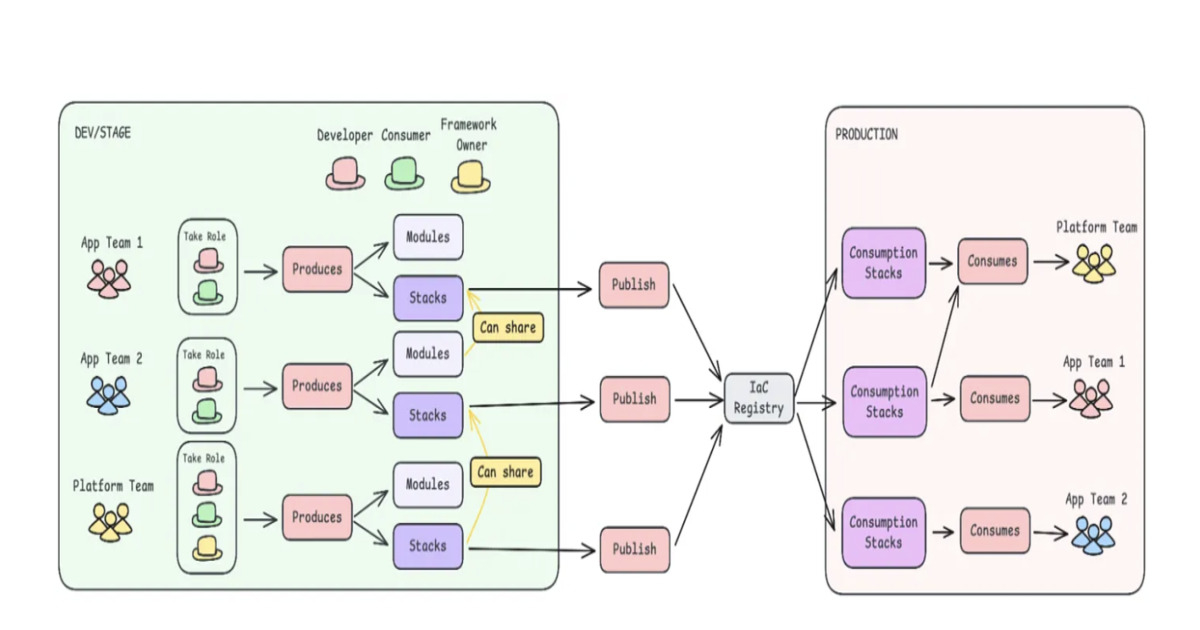Codetown
Codetown ::: a software developer's community
Are you interested in learning about graph databases? The folks at Neo4J published a book and it's free! Here's a link to the download page: http://graphdatabases.com/
Tags:
Replies to This Discussion
-
Permalink Reply by Juan Rolando Reza on March 16, 2015 at 4:45pm
-
Database representation of graph-structured information is fascinating in its own right.
I have been studying genomics technology in which graphs play a big role, both as information-structure that is the basis of certain algorithms, as well as the data driving visualizations or visually-interesting real-world structures.
As an example, here is a visualization of a protein complex that catches the eye.
See http://en.wikipedia.org/wiki/FOXP2#/media/File:Protein_FOXP2_PDB_2a...
The image is a Richardson diagram which is (mostly) automatically generated from a database describing the molecular structure of the protein. This type of diagram was invented (i.e. originally hand-drawn) by Jane Richardson, PhD.
I wonder if the book "Graph Databases" touches on this.
Presently, I am doing a research study on a particular feature of the epigenome. It involves large DNA databases (actually, structured flat files), elaborate algorithms for sequence correlation, and histone complexes. Each of these involves graph-theoretic representations and inference functions from graph structures.
The "databases" I know for DNA, the transcriptome, pathways, etc. do not lend themselves to conventional SQL, or even noSQL as far as I know to date. (Chime in anyone? )
I will be presenting a paper at the IEEE SouthCon conference in April 2015 which touches on a graph-theoretic feature of certain (sequencing) problems lending itself to massively-parallel-ization of linearly-expressable algorithms.
I am pleased to see a free book on graph databases. Thanks!
-
Notes
Welcome to Codetown!
 Codetown is a social network. It's got blogs, forums, groups, personal pages and more! You might think of Codetown as a funky camper van with lots of compartments for your stuff and a great multimedia system, too! Best of all, Codetown has room for all of your friends.
Codetown is a social network. It's got blogs, forums, groups, personal pages and more! You might think of Codetown as a funky camper van with lots of compartments for your stuff and a great multimedia system, too! Best of all, Codetown has room for all of your friends.
Created by Michael Levin Dec 18, 2008 at 6:56pm. Last updated by Michael Levin May 4, 2018.
Looking for Jobs or Staff?
Check out the Codetown Jobs group.
InfoQ Reading List
Presentation: What I Wish I Knew When I Started with Green IT

Ludi Akue discusses how the tech sector’s rising emissions impact our global climate goals. Drawing from her experience as a CTO, she explains seven key lessons for implementing Green IT. She shares insights on LCA assessments, the paradox of microservices, and why FinOps doesn’t always equal green.
By Ludi AkueVue Router 5: File-Based Routing Into Core with No Breaking Changes

Vue Router 5.0 has integrated unplugin-vue-router into its core, enhancing file-based routing and TypeScript support. This transition release boasts no breaking changes, simplifies dependencies, and introduces experimental features like data loaders and improved editor tooling. Ideal for Vue.js developers, it positions itself as a bridge to the upcoming ESM-only version 6.
By Daniel CurtisPodcast: [Video Podcast] AI Autonomy Is Redefining Architecture: Boundaries Now Matter Most

This conversation explores why generative AI is not just another automation layer but a shift into autonomy. The key idea is that we cannot retrofit AI into old procedural workflows and expect it to behave. Once autonomy is introduced, systems will drift, show emergent behaviour, and act in ways we did not explicitly script.
By Jesper LowgrenGoogle Launches Automated Review Feature in Gemini CLI Conductor

Google has enhanced its Gemini CLI extension, Conductor, by adding support for automated reviews. The company says this update allows Conductor "to go beyond just planning and execution into validation", enabling it to check AI-generated code for quality and adherence to guidelines, strengthening confidence, safety, and control in AI-assisted development workflows.
By Sergio De SimoneFrom Central Control to Team Autonomy: Rethinking Infrastructure Delivery

Adidas engineers describe shifting from a centralized Infrastructure-as-Code model to a decentralized one. Five teams autonomously deployed over 81 new infrastructure stacks in two months, using layered IaC modules, automated pipelines, and shared frameworks. The redesign illustrates how to scale infrastructure delivery while maintaining governance at scale.
By Leela Kumili
© 2026 Created by Michael Levin.
Powered by
![]()